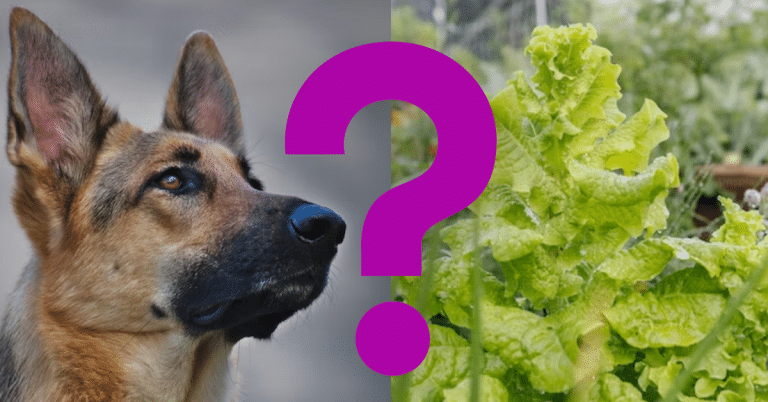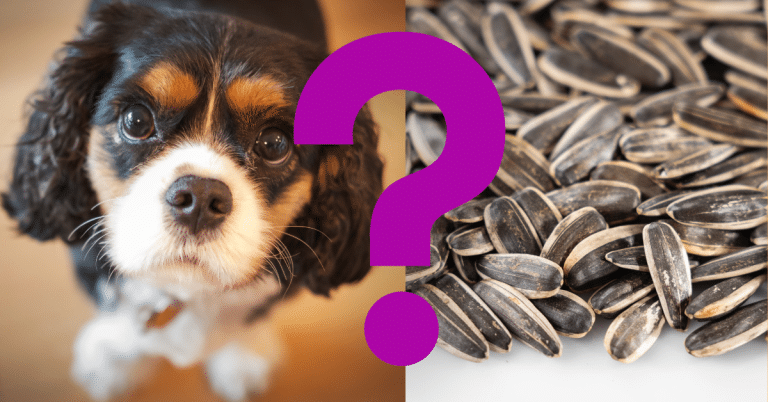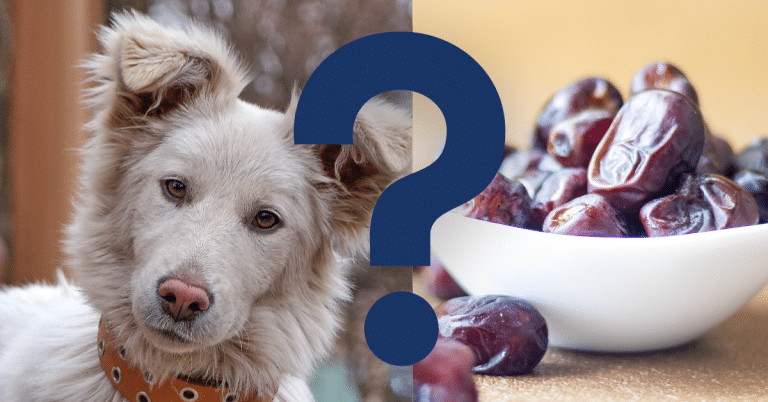Can Dogs Eat Chocolate? A Vet’s Opinion

Chocolate is a food product produced from cocoa beans that can be eaten as candy, added to beverages, and used to flavor or coat a variety of confections. But can you feed chocolate to your dog?
Chocolate is poisonous for dogs, so no. Dogs should not consume chocolates under any circumstance. Theobromine, a substance found in chocolate, is poisonous to dogs and can result in various symptoms, including vomiting, diarrhea, hyperactivity, seizures, and even mortality. The quantity and variety of chocolate consumed, the dog’s size, and their state of health all affect how severe the symptoms are. To avoid accidental ingestion by dogs, keeping all chocolate and other possibly harmful foods out of their reach is imperative. If you think your dog may have consumed chocolate, go to the vet immediately.
Benefits Of Chocolate For Dogs
Chocolate is poisonous for dogs therefore dogs don’t gain much from chocolate. As I’ve already mentioned, chocolate is toxic to dogs and can result in various severe health problems, such as seizures, heart problems, and even death. The same cannot be said for dogs, even though chocolate may have some health advantages for people, such as being high in antioxidants. Keeping chocolate and other unhealthy foods away from your dogs and feeding them a healthy diet that satisfies their nutritional requirements is crucial.

How To Safely Give Chocolate To Dogs
Even in tiny doses, it is not advisable to give chocolate to dogs because it may be poisonous to them. However, many safe and healthy substitutes are available, especially for dogs, if you want to offer your dog a treat. These consist of canine-safe snacks like biscuits, bones, and chews made with safe canine ingredients. Additionally, you can feed your dog low-calorie, high-nutrient fruits, and veggies like carrots, apples, and green beans. Before offering your dog any novel treats or foods, make sure they are secure and suitable for your pet’s specific requirements by consulting your vet.
Will Chocolate Make A Dog Sick?
Yes, chocolate can make a dog sick; it may even be fatal in extreme instances. Theobromine, a substance found in chocolate, is poisonous to dogs and can result in various symptoms, such as vomiting, diarrhea, hyperactivity, tremors, seizures, and heart issues. The quantity and variety of chocolate consumed, the dog’s size, and their state of health all affect how severe the symptoms are. Theobromine levels in dark and baking chocolate are more significant than in milk chocolate, making them more toxic to dogs. You should call your veterinarian right away if you think your canine may have consumed chocolate.
Can dogs eat chocolate variations?
All forms of chocolate, including milk chocolate, dark chocolate, white chocolate, chocolate chips, bars, candies covered in chocolate, and chocolate cakes, are poisonous for dogs. All of these varieties contain theobromine, which is poisonous to canines and can lead to several health problems, including hyperactivity, tremors, seizures, vomiting, diarrhea, and in extreme instances, death. The quantity and variety of chocolate consumed, the dog’s size, and their state of health all affect how severe the symptoms are. Keeping all chocolate and other dangerous foods out of their reach is imperative to avoid accidental ingestion by canines.

Vet’s Summary
Chocolate is poisonous for dogs and they should not consume it at all. All forms of chocolate, including milk chocolate, dark chocolate, white chocolate, chocolate chips, chocolate bars, candies with chocolate coatings, and chocolate cakes, are toxic to canines and should not be given to them. Theobromine, a substance found in chocolate, is toxic to dogs and can lead to severe health problems, such as vomiting, diarrhea, hyperactivity, tremors, seizures, and even death. The quantity and variety of chocolate consumed, the dog’s size, and their state of health all affect how severe the symptoms are. Keeping all chocolate and other possibly harmful foods out of their reach
is crucial to avoid accidental ingestion by canines.
Consider offering your dog probiotic supplements to assist with gut health if they experience digestive problems or upset stomachs. Beneficial bacteria found in probiotics can assist in regulating the digestive system and encouraging regular bowel motions. They may also aid in boosting the defense system and reducing inflammation. However, it’s crucial to speak with your vet before giving your canine any new supplements to ensure they’re secure and suitable for their particular requirements. Your veterinarian may suggest a probiotic supplement based on your dog’s medical history and present condition.
Videos To Watch
If you are wondering why can’t you give your dog chocolates, watch this:
And if you want to know what a dog can NOT eat, watch this:






